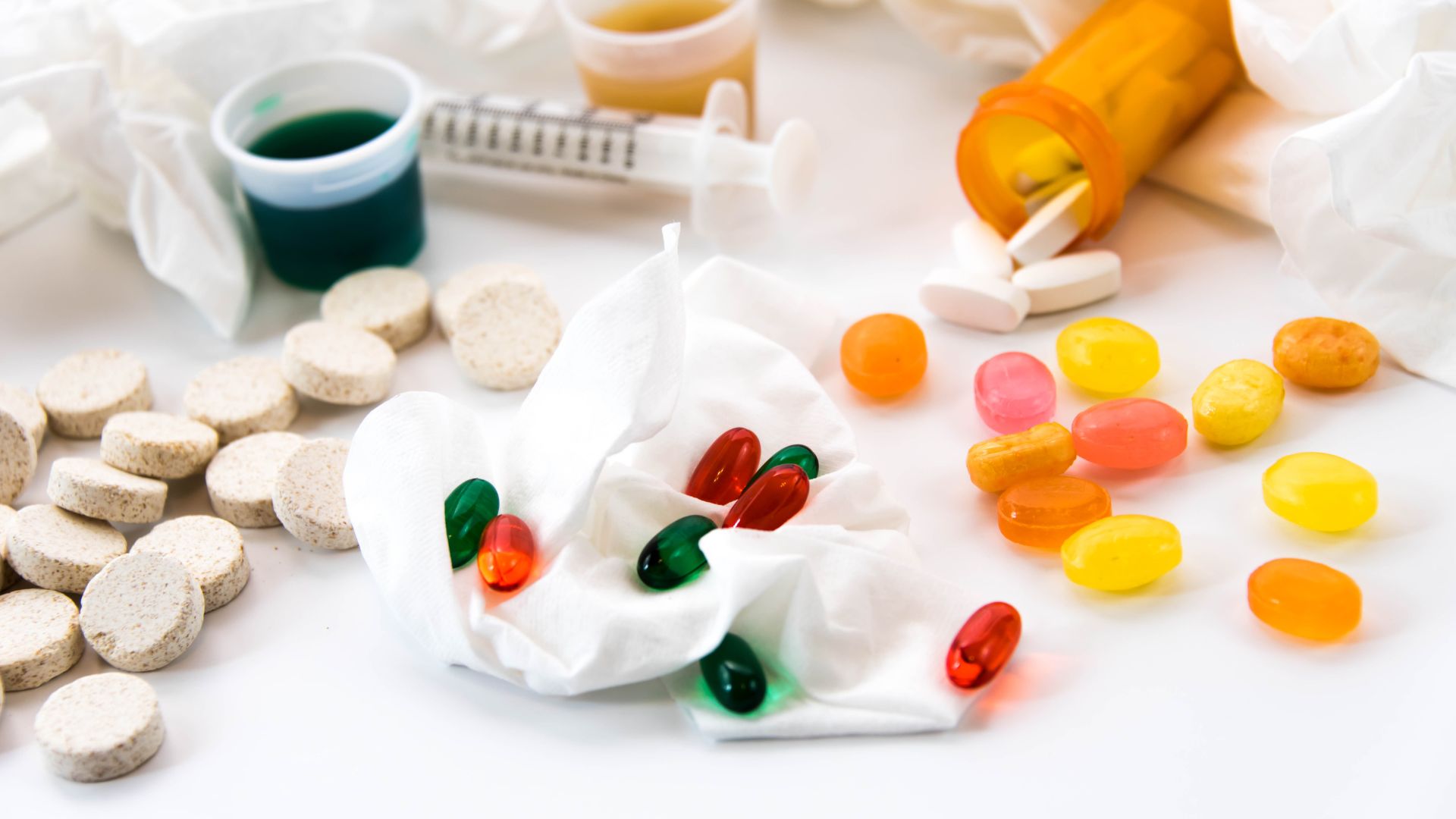Once small and specialized, homeopathic drugs now comprise a nearly $3 billion industry. Following an increase in reported health concerns stemming from these products and a flurry of unsubstantiated health claims surrounding the industry, the U.S. Food and Drug Administration (FDA) is taking new measures to curb the widespread distribution of potentially harmful drugs labeled as homeopathic.
What are Homeopathic Drugs?
Homeopathy is a form of alternative medicine based on the principle of remedying health conditions using diluted solutions of substances that produce similar symptoms in a healthy patient.
The Food, Drug, and Cosmetic (FD&C) Act defines articles recognized in the official Homeopathic Pharmacopoeia of the United States as drugs. FDA states that homeopathic drugs “are subject to the same requirements related to approval, adulteration and misbranding as any other drug product.”
Despite this, the uniqueness of homeopathic drugs delayed them from the 1972 over-the-counter (OTC) drug review, which determined the safety and effectiveness of most OTC drugs on the U.S. market. Even now, FDA has not conducted a formal review of homeopathic drugs. Since 1988, a FDA Compliance Policy Guide (CPG) establishes provisions under which these products may be marketed without the prior FDA approval required of other drug products.
Why is FDA Cracking Down on Homeopathic Drugs?
Numerous homeopathic drugs contain potentially harmful ingredients. As recently as September 2017, a homeopathic drug facility received a Warning Letter, citing failure to establish adequate in-process controls for products containing multiple potentially toxic ingredients. One such ingredient was Nux vomica, a plant bearing constituents commonly used for rat poison.
Throughout 2017, FDA issued at least four additional letters to drug manufacturers who failed to adequately test and control potentially toxic substances in their products. FDA charged the drugs in question as adulterated.
New Enforcement Approaches to Homeopathic Drugs
In addition to FDA, the U.S. Federal Trade Commission (FTC) has issued measures to mitigate the prevalence of unsubstantiated health claims made by homeopathic drug manufacturers. A 2016 FTC Enforcement Policy Statement requires homeopathic drug labeling to communicate that “there is no scientific evidence that the product works.” The label must also indicate that “the product’s claims are based only on theories of homeopathy from the 1700s that are not accepted by most modern medical experts.”
A December 2017 FDA draft guidance explains that the Agency intends to prioritize enforcement on products that are known to cause harm to patients, including those with reported health issues and those deemed adulterated under section 501 of the FD&C Act.
FDA states it will also focus increased attention on homeopathic drugs with less overt health concerns. According to the guidance, unapproved drugs intended to treat serious or life-threatening conditions may cause a patient to delay or discontinue treatment already generally recognized as safe and effective (GRASE). Homeopathic drugs designed for vulnerable populations (e.g. infants and the elderly) may pose significant health risks even in small concentrations, in spite of treatments that have already been determined GRASE. For this reason, these drug categories may see increased regulatory enforcement.
In the previously referenced Warning Letters, FDA maintains that “nothing in the FD&C Act exempts homeopathic drugs from any of the requirements related to adulteration, labeling, misbranding, or approval.” The letters and newly issued guidance suggest that FDA intends to expand efforts to hold homeopathic drug manufacturers accountable to the regulations derived from the FD&C Act.
Registrar Corp is a consulting firm that assists drug companies with U.S. FDA regulations. Our Regulatory Specialists can assist with FDA registration and drug listing, labeling requirements, and other drug regulations. For assistance or questions call +1-757-224-0177 or chat with a Regulatory Advisor 24 hours a day at www.registrarcorp.com/livehelp.








